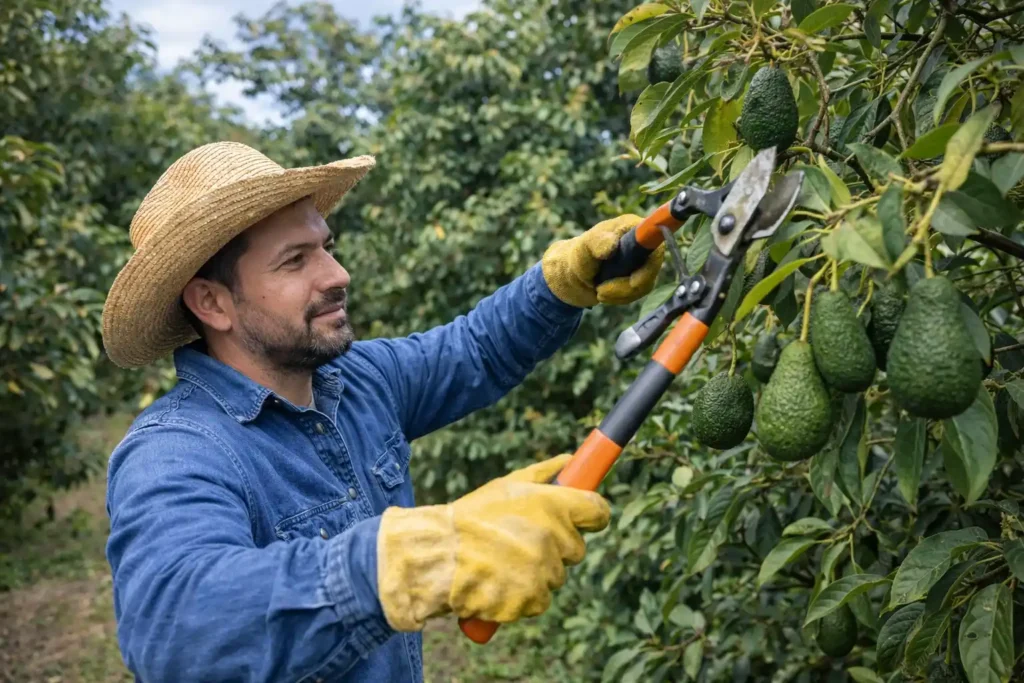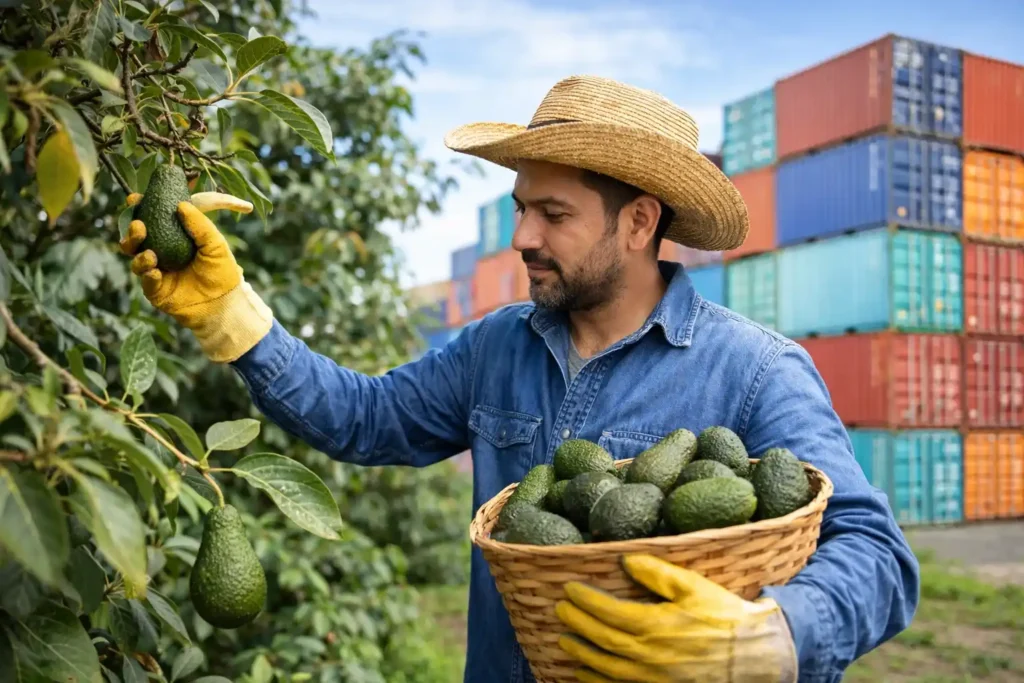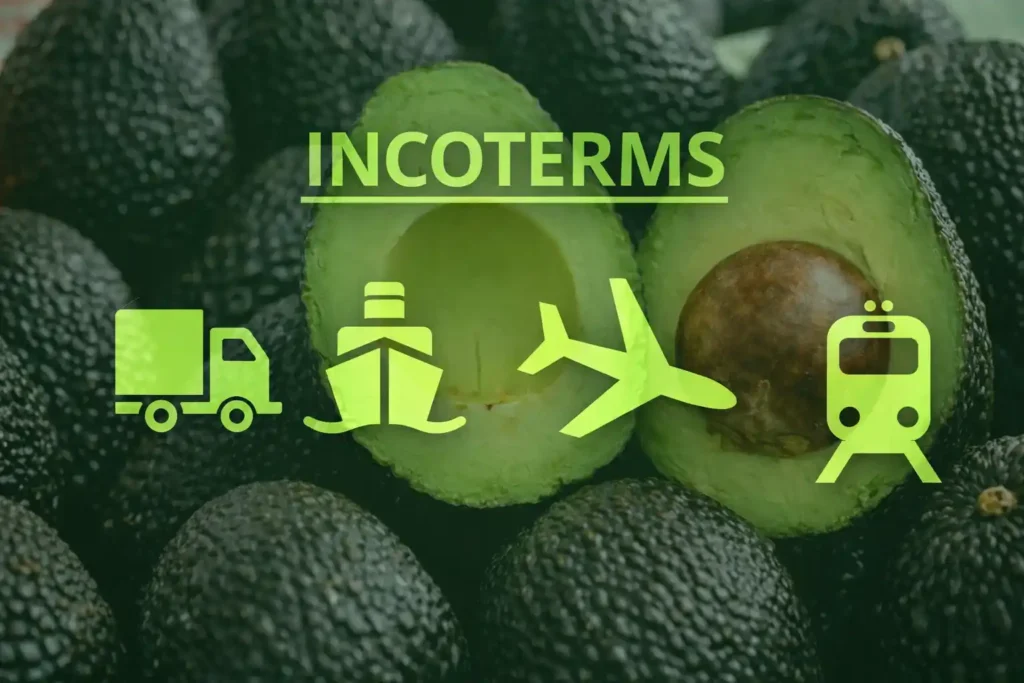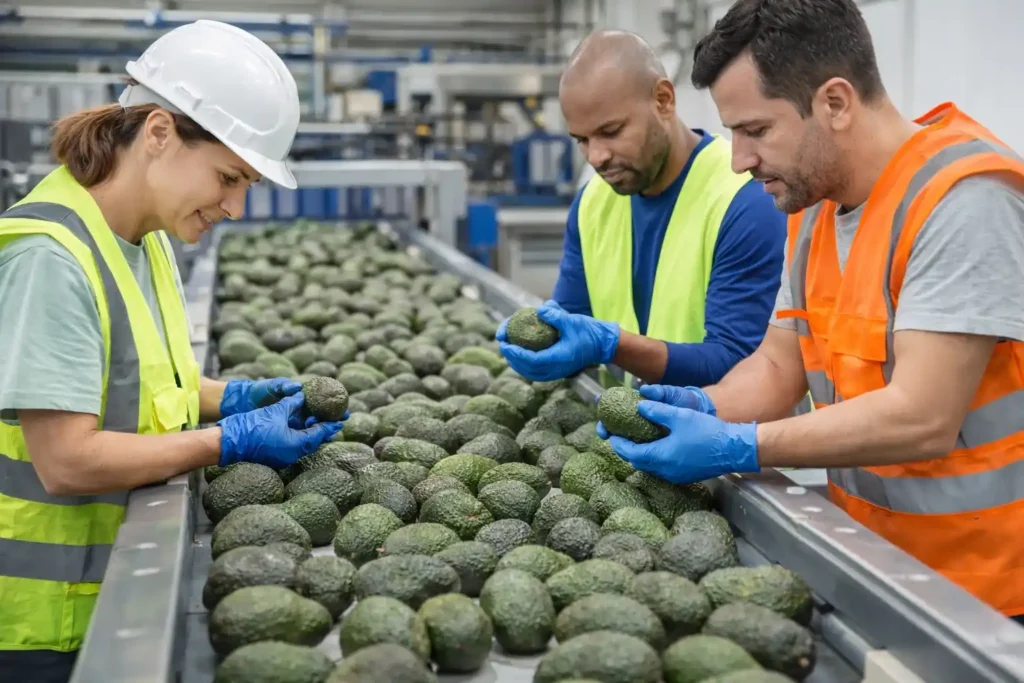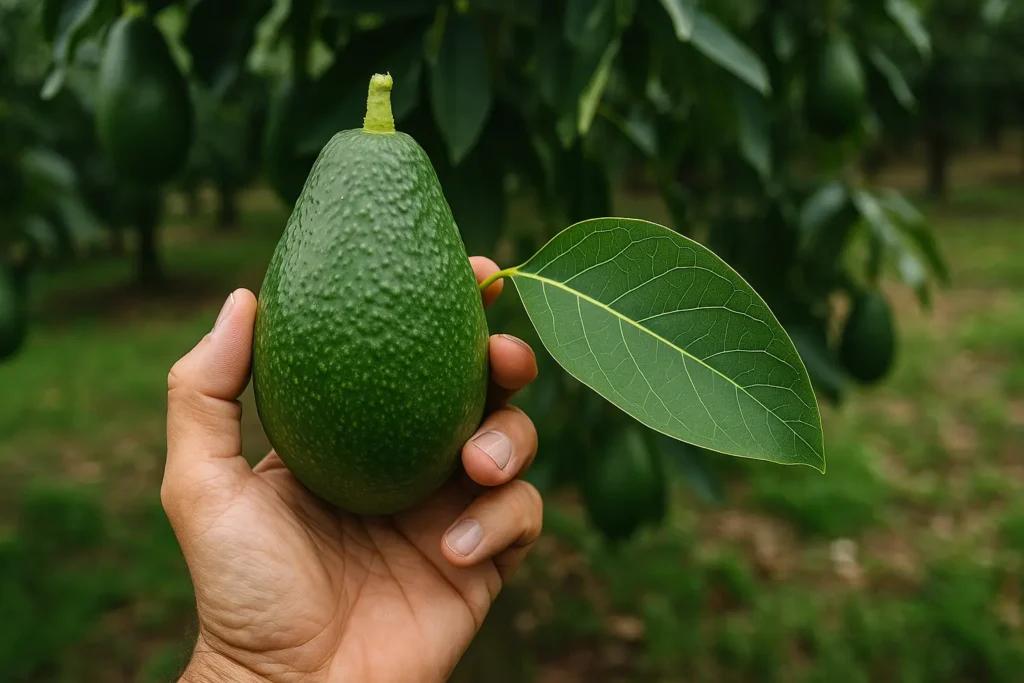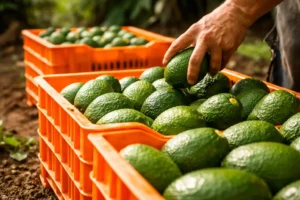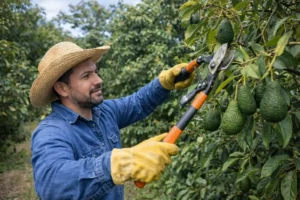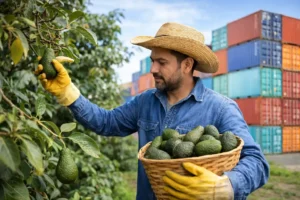The Colombian Hass avocado has become a highly sought-after product in international markets such as Europe, the United States, and Asia. However, to ensure that each fruit arrives in optimal condition, the post-harvest stage is crucial. This process determines factors such as shelf life, food safety, and the commercial acceptance of the product.
In this context, avocado post-harvest quality certifications have become a requirement for international buyers, as they support safe, sustainable, and reliable practices at every stage of the export chain.
Why Are Avocado Post-Harvest Certifications Important?
Post-harvest covers the grading, packaging, storage, and preparation of Hass avocados for export. At this stage, any error can result in economic losses, rejection upon arrival, or damage to the exporter’s reputation. Without certification, the risks increase: from cross-contamination in packing houses to chemical residue issues or lack of traceability that can lead to customs blockages.
In fact, the FAO and other international organizations indicate that up to 30% of agricultural products can suffer post-harvest losses when adequate controls are not applied. Having quality certifications ensures that processes comply with safety, traceability, and sustainability standards. This generates confidence among importers and end consumers, while also strengthening the competitiveness of Colombian avocados compared to industry giants like Mexico and Peru.
Main Avocado Post-Harvest Quality Certifications
BRC Global Standard – Food Safety and Packaging
The BRC (British Retail Consortium) certification is one of the strictest in post-harvest management. It guarantees the proper selection, grading, packaging, and storage of avocados. For European and North American markets, it is an essential requirement, ensuring a safe product with processes audited under high international standards.
GLOBALG.A.P. – Continuity from the Farm to the Post-Harvest Stage
Although it is primarily associated with the cultivation stage, GLOBALG.AP also extends to post-harvest handling. It ensures traceability from the farm to the collection and packing centers, reinforcing buyers’ confidence in each exported batch.
SMETA – Ethics and Responsibility in Post-Harvest Processes
SMETA certification assesses compliance with responsible labor, environmental, and business ethics practices. In post-harvest operations, it guarantees safe and fair working conditions, a value increasingly appreciated by international consumers and large supermarket chains.
BASC – Security in the Logistics and Export Chain
The BASC (Business Alliance for Secure Commerce) certification is key to securing the logistics chain. It ensures that packaging, transportation, and export operations are safe, transparent, and free from risks such as smuggling. This seal is an important differentiator in markets that highly value trust in foreign trade processes.
Benefits of Implementing Post-Harvest Quality Certifications
Certifications generate both direct and indirect benefits for producers and exporters. Economically, they open access to premium markets that pay better prices—especially in Europe and North America, where distributors prioritize traceability and food safety.
They also strengthen trust within the supply chain, as importers know the product comes from a system audited and controlled at every stage. This often translates into more stable, long-term contracts. Additionally, certifications add reputational value: certified companies are recognized as reliable and responsible suppliers, capable of meeting the most demanding requirements of global agribusiness.
Process for Obtaining Certifications in the Post-Harvest Stage
Achieving post-harvest quality certification requires preparation and commitment:
- Implementing good practices in grading, hygiene, and packaging.
- Training staff to ensure compliance with international standards.
- Conducting internal and external audits by authorized certification bodies such as Icontec, SGS, or Bureau Veritas.
- Fostering ongoing improvement to maintain and renew certifications annually.
On average, certification can take between six months and one year to obtain, depending on the level of preparation of the collection center or packing house. Although it requires investment in infrastructure and training, the return is reflected in access to new markets, reduced risks, and improved sales prices. The main challenges include resistance to change, initial costs, and the need for continuous training, but in the long term, these efforts significantly strengthen the exporter’s competitiveness.
Fruty Green: Commitment to Certified Post-Harvest Quality
At At Fruty Green , we understand that post-harvest is a critical stage in ensuring excellent Hass avocados. That’s why we hold international certifications such as BRC Grade AA, GLOBALG.A.P., SMETA, and BASC, which support the quality of our grading, packaging, and export processes.
These avocado post-harvest quality certifications not only demonstrate our commitment to food safety and sustainability, but also establish us as a trusted reference in the international market. Our goal is to consistently deliver fruit that meets the highest standards and represents the best of Colombian agribusiness.


